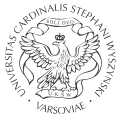Detailed introduction of Cardinal Stefan Wyszynski University of Warsaw:
Introduction
Cardinal Stefan Wyszynski University of Warsaw is one of the youngest universities in Poland. It was founded in 1999 and is the successor to the long-standing traditional theological college of the University of Warsaw. It is a university with a strong Catholic religious character, both traditional and modern, and is directly under the Polish Ministry of Education.
Overview
Number of students: about 16,000 students, including international students from all over the world.
Number of faculty and staff: 737 academic faculty and 383 administrative staff.
History and establishment time
In 1954, the Catholic Theological College of the University of Warsaw and the Theological College of Jagiellonian University were closed and transformed into the Academy of Catholic Theology. On September 3, 1999, Cardinal Stefan Wyszynski University of Warsaw was officially established on this basis.
School strength
Teaching staff: The school's teaching staff has high professional quality and rich teaching experience, and some teachers enjoy a high reputation in the Polish religious community. For example, professors of theology have not only achieved fruitful results in academic research, but also actively participated in various church activities, providing students with teaching content that combines theory with practice.
Scientific research results: The school has carried out in-depth research in the fields of humanities, social sciences, theology, etc., and has achieved a series of influential scientific research results. Its research results have not only attracted attention in Poland, but also have a certain response in the international academic community, and have contributed to the development of related fields.
International cooperation: Actively participate in international exchange and cooperation projects, and is a member of the Socrates-Erasmus project. It has established cooperative relations with many universities in Europe, America and other regions, providing students with rich exchange opportunities, broadening their international vision, and enhancing the international influence of the school.
Nature of the institution
Public university.
Educational philosophy
Focus on cultivating students' professional knowledge and comprehensive literacy in the fields of humanities, social sciences, natural sciences and theology, emphasizing the integration of knowledge and faith, and is committed to cultivating talents with noble moral qualities, solid professional knowledge and social responsibility, so that students can contribute to social development in different fields.
Key laboratories and disciplines
Key laboratories: The Mazovia Life Science Laboratory Center was established in 2016, providing advanced experimental equipment and research platforms for research in life science related fields.
Key disciplines: Theology, philosophy, law, psychology, journalism, environmental engineering, Italian language and literature, economics, etc. are all key disciplines of the school. These disciplines have achieved remarkable results in teaching and scientific research, and have a high reputation and influence in Poland.
Faculty
The school has 12 colleges, including the School of Theology, the Department of Canon Law, the Department of Catholic Philosophy, the Department of History and Sociology, the Department of Law, the Department of Humanities, the Department of Natural Sciences and Mathematics, the Department of Medicine, etc., covering many disciplines and providing students with a wide range of professional choices.
Ranking
Although it is not ranked at the top in the comprehensive ranking of world universities, it has a certain reputation and influence among Polish universities, especially in the fields of humanities, social sciences and theology.
Expenses
Tuition fees vary according to majors and degree levels, and no clear specific data has been obtained yet. Taking the English-taught postgraduate course in philosophy as an example, the tuition fee is about 330 euros.
Campus
Location and environment: The school is located in the Bielany district of Warsaw, the capital of Poland, and has two campuses, located on Dewa Jt is and Wóycickiego streets. The campus is surrounded by beautiful environment and convenient transportation, providing students with good learning and living conditions.
Campus facilities: The campus is well-equipped with a well-stocked library, bookstore, health service agency, legal aid center, employment agency, multiple engineering laboratories, Internet center, etc. In addition, the school is also equipped with complete sports facilities, such as badminton hall, basketball hall, track and field stadium, gymnastics hall, etc., to meet the students' learning, living and entertainment needs.
-
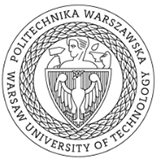
Warsaw University of Technology
-

Poznan University of Life Sciences
-
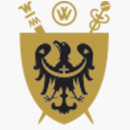
Wroclaw Medical University
-

Nicolaus Copernicus University
-
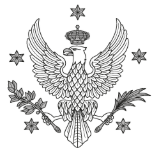
University of Warsaw
-
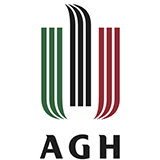
AGH University of Science and Technology
-

Silesian University of Technology
-
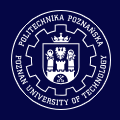
Poznan University of Technology
-

Jagiellonian University
-
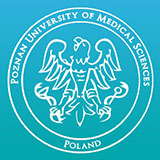
Poznan University of Medical Sciences
-

Mesoamerican University
-

Istmo University
-

Mariano Galvez University of Guatemala
-

Regional University of Guatemala
-

Galileo University
-

Francisco Marroquín University
-

Rafael Landívar University
-

University of the Valley of Guatemala
-

University of San Carlos of Guatemala
-

Technological Institute of Tlaxcala Plateau
-

Golfo University
-

Technological University of South Sonora
-

Technological University of Huejotzingo
-

Tizimín Institute of Technology
-

Chilpancingo Institute of Technology

